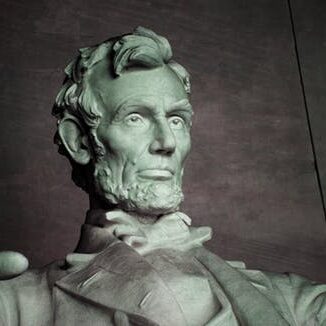My leadership model posits that today’s leaders will need equal competencies in three different disciplines:
1) Competency in their chosen fields, whether in engineering, law, medicine, business, architecture, education, nonprofit work, justice, government, mothers and fathers, citizens, and other fields of endeavors that make our global society and economy work. We must strive to create a global society that works for all. That is the best security and a precursor to world peace. An academic resume alone, however, does not fulfill the job description for tomorrow’s leaders.
2) Equal competency in tackling societal issues that make our respective communities a better place to live. This requires going beyond just filling individual bank accounts to fulfilling the wider needs of the community. From the Christian scriptures we are taught, “Love your neighbor as yourself,” and in Hinduism, “Do not do to others what you would not have them do to you,” as well as countless examples from other religions. Our relationships and concerns must include our community and not just ourselves, families, and close friends.
We do not just live in our homes or in gated subdivisions—we live in our entire communities. This includes both sides of the track! To make communities thrive, we require capable leaders in all sectors—leaders who portray the capability and passion to take on societal challenges of their communities and develop effective, viable, and affordable solutions.
|
|
3) An unwavering adherence to a well-developed moral, ethical, and spiritual competency that embraces strong values such as truth, empathy, compassion, love, service, and community. Spiritual competence does not necessarily translate to adhering to a certain faith or religion. The spirit is the voice that speaks beyond our own, guiding us to make the best decision based on our personal morals and ethics. These quintessential values—like nature and gravity—will always prevail. While all faiths teach these universal spiritual values, few leaders adhere to them. Leaders who are strong in spiritual competency attempt to integrate the intellectual, moral, social, and spiritual aspects of their lives. While no one succeeds all the time, leaders persevere in integrating all aspects of themselves.
Fortunately, we have a few genuine satyagrahi leaders in our world, but they, and we, need many more like them. We face a critical time in our history, and our time proves short. Please see my book for examples of these everyday leaders and make sure that in our new era we hold our legislators and local leaders to these attributes.
|
|

